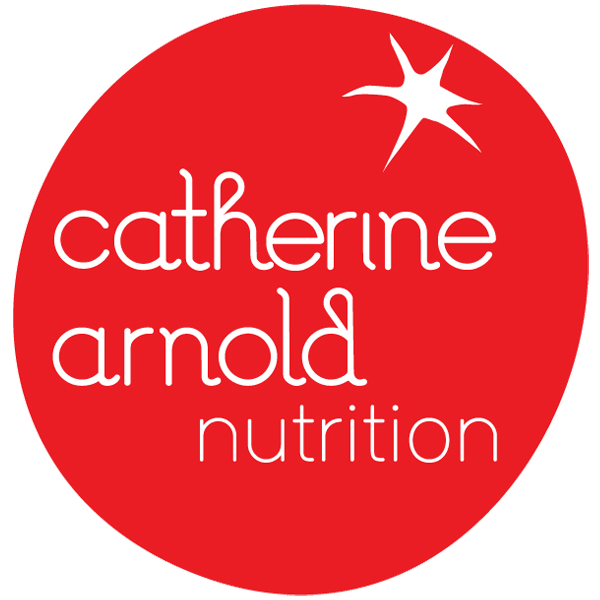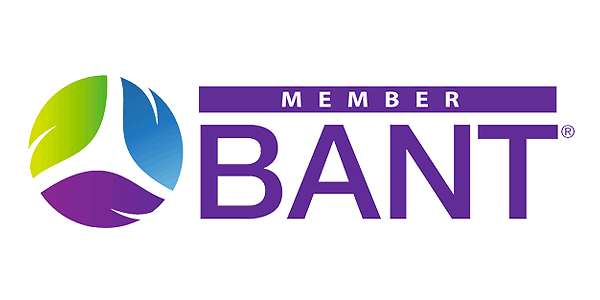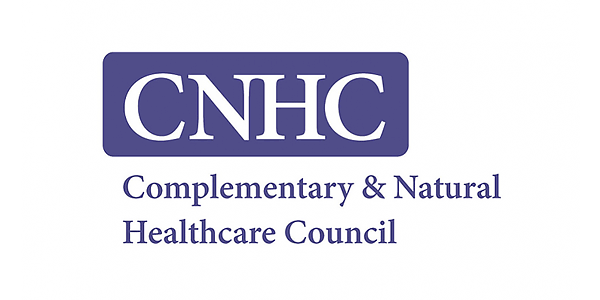
When was the last time you had a good nights sleep? Studies show that poor sleep may be associated with an increased risk of obesity, stroke, heart disease, type 2 diabetes, depression and dementia. It reduces our immune function, our ability to concentrate and increases inflammation.
A lot of my clients have problems sleeping when they first come to see me. Stress can be a major cause behind it, along with nutritional deficiencies. If we are deficient in nutrients it affects the normal functioning of the body and can impact all areas. Normally sleep is the first area to improve with my clients when they make adjustments to their diet and lifestyles. This is important as sleep aids the healing process. Here are a few things you can do to improve your sleep:
- Reduce or remove caffeine. Caffeine is a stimulant and impairs our ability for deep sleep. Even a coffee earlier in the day could disrupt sleep as it perpetuates the affects of stress hormone, cortisol. Cortisol is released when we are stressed and basically enables us to run away from danger, quickly. It increases our heart rate and blood sugar, maintaining a state of ‘fight or flight’. Watch out for green tea as although it is very good for you, its also high in caffeine. Try a 2 week caffeine detox to see what impact it’s having on your body.
- Increase your intake of magnesium rich foods. These include wholegrains, pumpkin seeds, sesame seeds, sunflower seeds, cashew nuts, avocados, green leafy vegetables such as spinach and swiss chard, black beans and kidney beans. Many people are deficient in magnesium. Its an important mineral involved in hundreds of enzymatic reactions in the body. It supports our ability to handle stress, helps us relax and is essential for good sleep. Chronic stress depletes the body of magnesium, ultimately affecting sleep.
- Take an Epsom salt bath before bed. These salts are a form of magnesium which enters the body directly through the skin. Put about 1 or 2 cups in your bath (or footbath) and soak for up to 20 minutes. Magnesium sleep spray, which is applied to the skin before bed, is also an excellent way to increase your levels and support good sleep.
- Check your vitamin D levels. Some research suggests Vitamin D may affect your circadian rhythm and as a result can be linked to sleep problems. Optimal levels should be around 80 – 100 ng/ml. To boost vitamin D, get out into the sunshine as this vitamin is activated in your skin and hard to obtain from diet. 10 to 20 minutes exposure, a few times a week is recommended to keep levels healthy. Or have your levels tested at the doctors and take a supplement if they are below optimum levels.
- Try meditation. Just spending 5 minutes before bed focussing on your breath could have a positive impact on your sleep quality.
- Avoid nightcaps! Alcohol is a stimulant, it also disrupts blood sugar balance and can cause blood sugar dips as you sleep. The brain needs a steady supply of energy even as we sleep so this drop could wake you up as the body will release cortisol to increase blood sugar.
- Have a bedtime snack. Making sure it includes carbohydrates, protein and fat, such as an oatcake with nut butter or avocado. Or try my recipe for Golden Milk – a delicious and nourishing warm drink.
- Keep a consistent schedule to help set your ciracadian rhythm, this means going to bed and getting up at the same time every day.
- Exercising during the day can help promote better sleep. But try not to do a strenous workout too late in the evening as this can make it harder to get to sleep.
- Get as much exposure to natural daylight during the day as possible. When you wake up, open the curtains or even better, go outside to help your body absorb the natural light and set your internal clock.
- Minimise blue light from computer/phone/tv screens. This light sends the signal to your brain that it’s still daylight which can impact your body’s melatonin production – which is triggered by darkness. Good melatonin levels are important for optimising sleep.
Let me support you on your journey back to good health, get in touch by emailing me at catherinearnoldnutrition@gmail.com to find out more.



